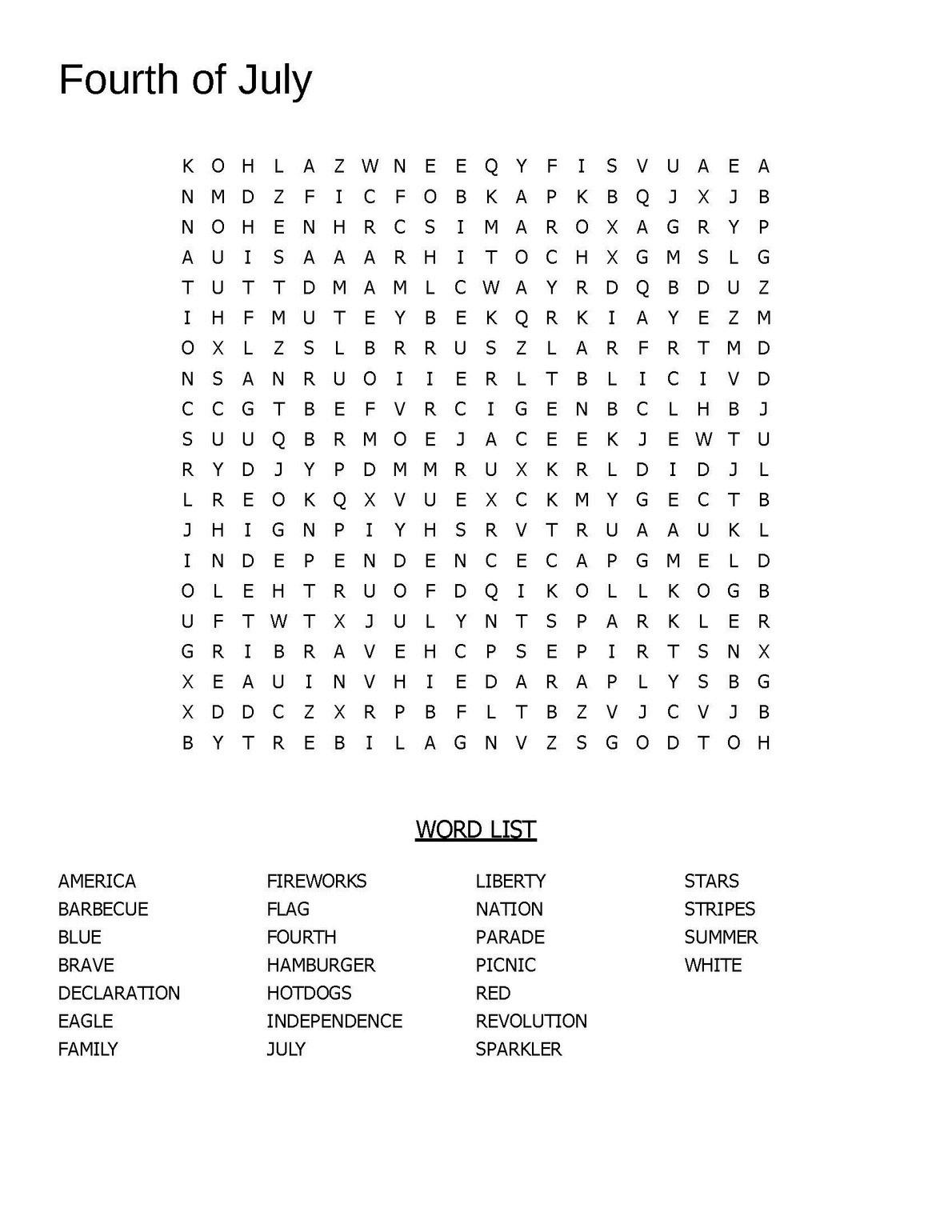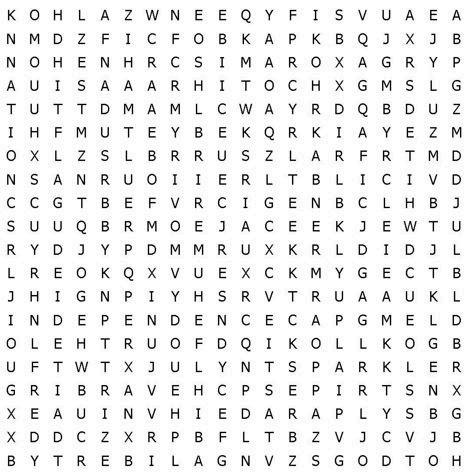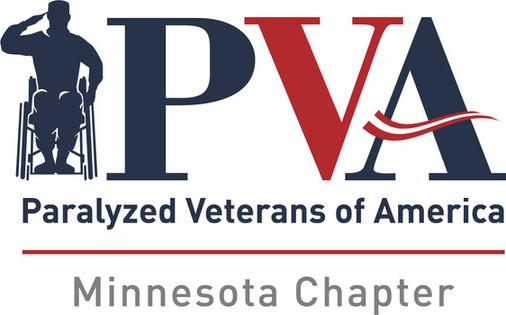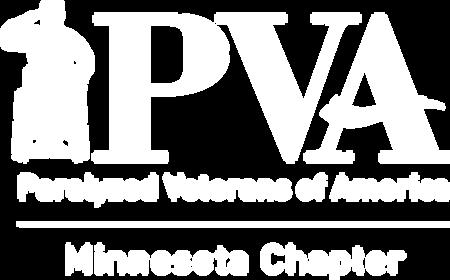
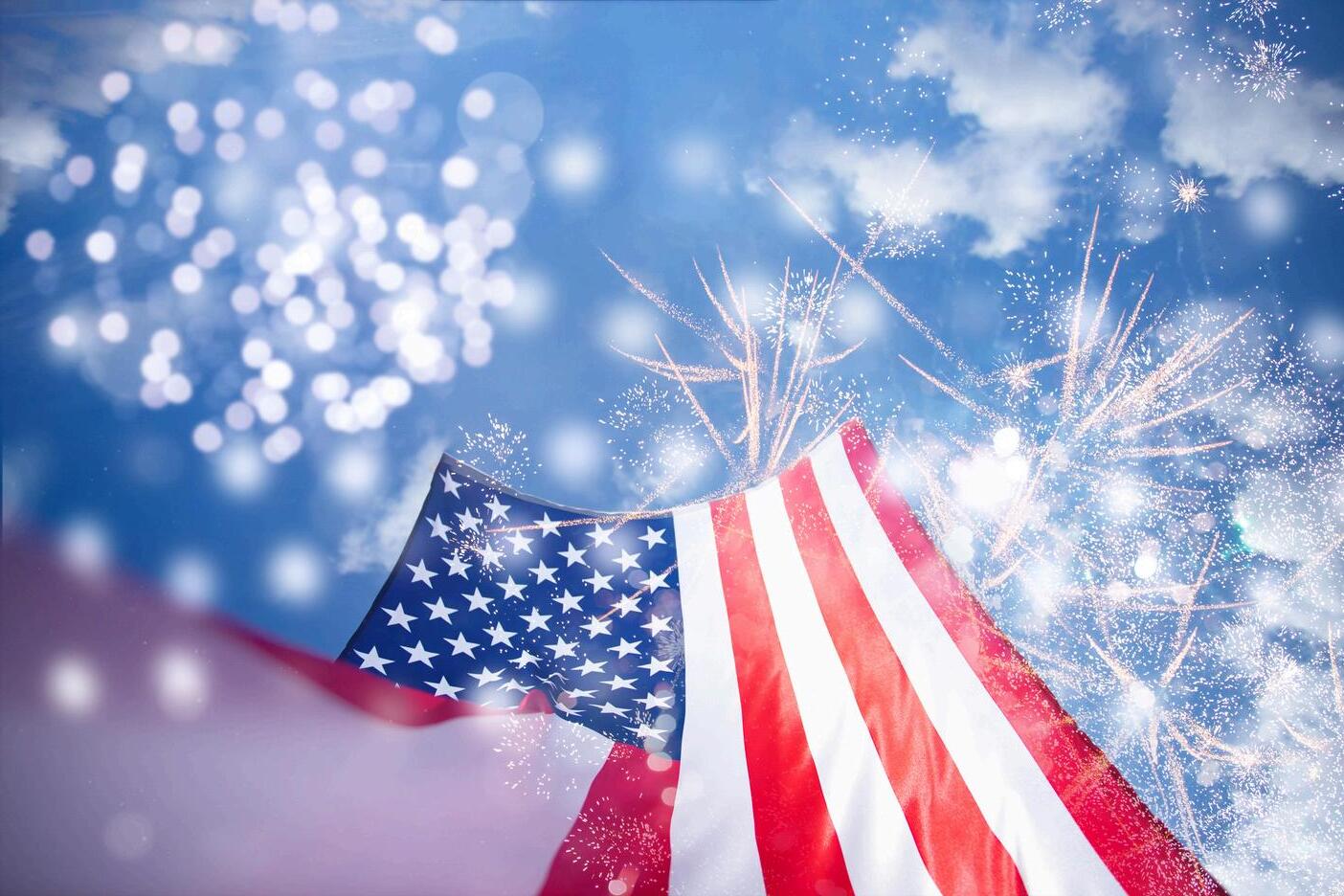



Board of Directors
Vicky Garrison (President)
Tim Valentin (Vice-President)
Seth Thomas (Secretary)
Karl Olson (Treasurer)
Todd Kemery (National Director)
Chapter Staff
Ginny Grabowski Office Assistant 612-467-2263
MS Contact
Rich Scott: 612-638-8418
Sarah Little Executive Assistant 612-699-8551
Editor-in-Chief: Sarah Little
Assistant Editor: Ginny Grabowski North Star Bullet
Volunteer Coordinator
Ginny Grabowski
Mission
Foundedin1946,theParalyzedVeterans ofAmerica(PVA)isanational organizationdedicatedtoservingformer membersoftheU.S.ArmedForceswho havesufferedcatastrophicparalysisasa resultofspinalcordinjuryordisease.By Publiclaw92-93(1971),theU.S. CongresscharteredPVA.
1 Veterans Drive SCI 238
Minneapolis, MN 55417
612-467-2263 office@mnpva.org
John Novicki
Ron James
Linda Hooker
Bruce Henderson
Jose Garcia
National Service Officers
Jason Stephenson Sr Veterans Health & Benefits Specialist 1 Veterans Drive - SCI 141 Minneapolis, MN 55417 612-629-7022
jasonS@pva.org
Tami Anderson Sr National Service Officer Federal Building Room G915 St. Paul, MN 55111 612-970-5668 | 1-800-795-3609 tamiA@pva.org
Jim Arndt Vocational Rehab Program Federal Building Room G915 St. Paul, MN 55111
202-416-6476 | 1-800-795-3609
jamesA@pva.org
Ellie Smith Administrative Assistant I Federal Building Room G915 ellieS@pva.org

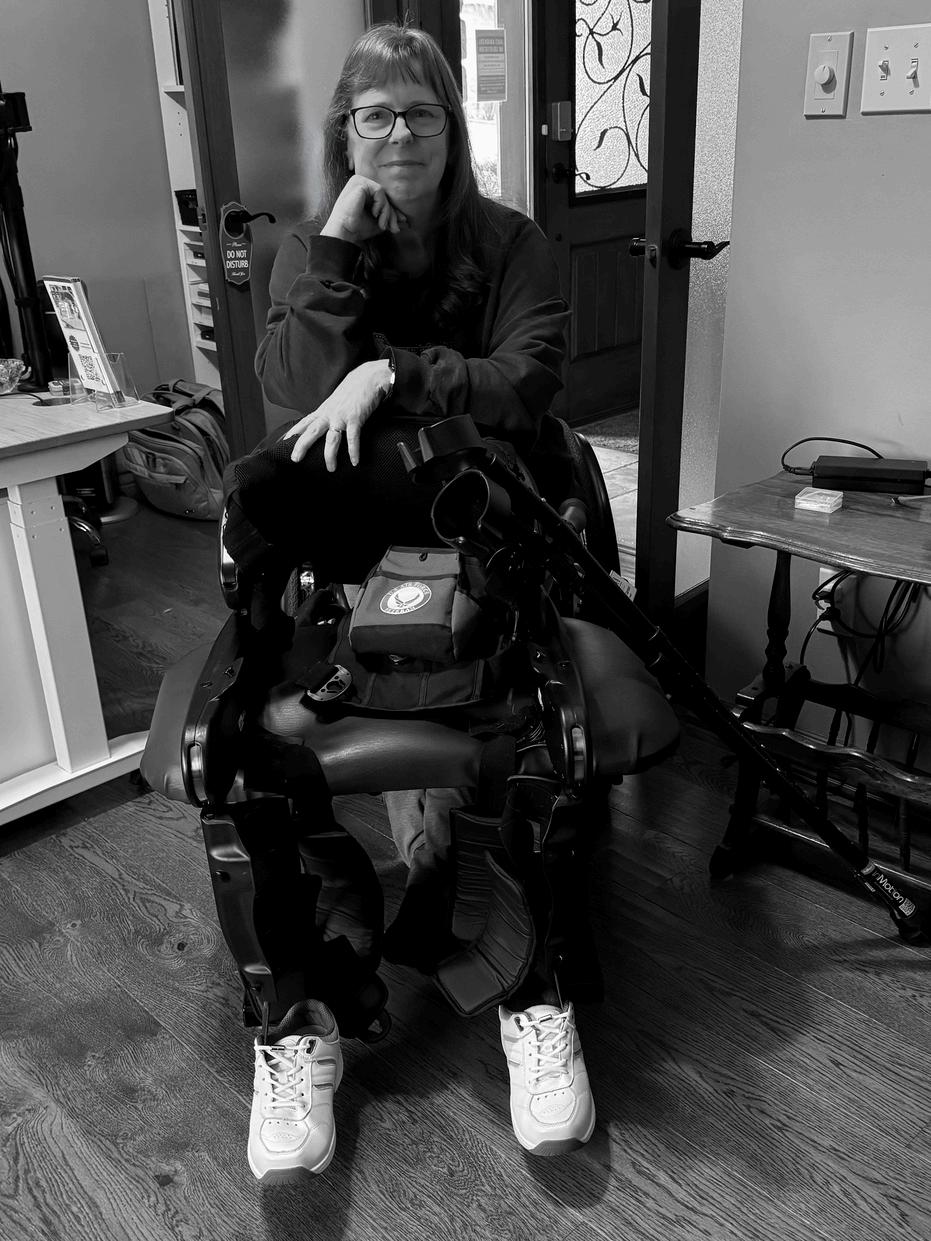
"A
Vicky Garrison Editorial
bend in the road is not the end of the road unless you fail to make the turn."
-Helen Keller.
Life is a journey, and obstacles are a natural part of our path. The obstacles can be considerable for many, including those of us with SCI/D. When we face difficult roads and come to that bend, it's essential to understand and accept this as normal rather than a failure. Bumps along the way allow us to pause, reflect, and realign our plans to overcome them.
While the road ahead may seem uncertain, maintaining a positive attitude and recognizing makes every obstacle a chance to grow and adapt. Embrace the challenge and take proactive steps to navigate through. Taking charge of the required changes helps us maintain control of our journey and continue moving toward our goals, regardless of their size or significance. Failing to make the turn when there is a bend in the road can leave many stuck in ruts of inactivity and non-stimulation and lead to severe depression in some.
It is also necessary to recognize that adjustments are more manageable for some than others. Various personalities, upbringing, life experiences, and current situations all play into this, but that's another topic. Knowing that we are all different and intended to be so can make it easier to travel life at your pace without trying to match that of another. For instance, I am very adaptable to change, and because of this, I'm quick to make a decision and ready to reverse course if I see I need an adjustment. In contrast, some of my family members dislike abrupt change, so they spend more time weighing the decision to give them a higher degree of confidence in the choice and less risk of having to change. Neither of these types of decisionmaking is wrong; it is just different. The critical thing to acknowledge is that adapting is a necessary part of life.
So, be yourself, live your own life, and make the turn!
Like a child, be happy for no reason!

Jason Stephenson, East Region Training Coordinator
One of our foremost capacities as Accredited National Service Officers is reviewing decisions for accuracy, and ensuring the claimant knows their due process rights and options. Often, we will know of the decision prior to you receiving the decision. Through our knowledge, experience, and expertise, we will know right away if the decision is accurate. If it is not accurate, there are four different options the Veterans Benefits Administration affords. These different options are all predicated on the decision itself, and the reasons as to why we or you may disagree.
The first option is what is referred to as a Claims Accuracy Review (CAR). This is something that is initiated by us if we see something that is clearly erroneous with the decision. By clearly erroneous, we go by the VA’s definition of Clear and Unmistakable error, where if anyone would review the decision, they will be all in agreement of the error. Examples of these types of clear errors are effective dates, not assigning the correct percentage depending on what was claimed, not taking into consideration what was submitted, failing to provide Duty to Assist to the claimant. An example would be not affording the veteran/claimant a comp and pen examination. Another example is the VA did not address the issue being claimed.
When it comes to Claims Accuracy Reviews,timeliness is of the essence as we only have thirty days from the date of notification to submit a review.These types of reviews are submitted by the NSO. What then happens next is the VA will reverse the decision, send it back to a Regional Office for additional action, or extend it further to the option of Higher-Level Review which will be discussed next.
A Higher-Level Review is afforded to the claimant where it is requested another decision be rendered by a person who wasn’t involved in the original decision. The personnel making Higher Level Review decisions are often more experienced than other raters within the VA and are at a select few VA offices around the country.
A Higher-Level Review is an appeal where there is no further evidence being submitted, but you contend the VA did not make the correct decision based on the evidence presented, and the facts found in the case. An example of this is when filing for an increase where private medical evidence supports an increase but a comp and pen examination stated otherwise. We often encounter this when filing for loss of use of an extremity.
What option is there if a claimant has new evidence that is material to what was denied? If a claimant has something new that was not previously considered, or we come across evidence that was not considered, then the option is filing a Supplemental Claim. Supplemental claims are when a claim was previously denied (even if it was previously denied more than a year), and new evidence is discovered that is material to the facts of the claim the VA had not previously considered. An example of this is again for loss of use where there is a new therapy note or there is a manual muscle test where the scores are lower than previous testing. We also use this option quite a bit when trying to get a veteran with multiple sclerosis service connected that has been previously denied in the form of a medical opinion.
If a Supplemental Claim is again denied, and we feel that it shouldn’t have been, then we have the option to file a Higher-Level Review within one year of the new decision, or we have the final option, which is submitting the appeal to the Board of Veterans’ Appeals in Washington DC.
A submission to the Board of Veterans’ Appeals is submitted if the claim cannot be granted at the level of a Higher Review.We do have the discretion to file an appeal directly to the Board where a Higher-Level Review does not have to be completed. An example of this is where a law was not appropriately applied or in our judgment, the type of claim is better suited at the Board then at the level of a Higher Review.
The main thing to keep in mind is preservation of the effective date. With a Supplemental claim, Higher Level Review, or an appeal to the Board; all should be submitted within one year of when you were notified of the decision. That way if and when the claim finally gets granted, it goes back to the date of filing as an effective date.
Also when reviewing a decision you don’t understand or you don’t agree with it, I cannot stress how important it is to discuss with your local PVA NSO as to what is the best option to proceed.
Recent changes to PVA membership criteria have opened up our membership to all veterans with MS. Call us today to find out more information. If you know of a veteran with MS, share this information with them!
If you have MS (or know someone who does) and have any questions about MNPVA, please contact our office!

Consider supporting PVA by donating your unused vehicle! For wheelchair accessible vehicles, contact us at the MNPVA office at 612-467-2263. Your vehicle will be matched with one of our veterans in need of accessible transportation.
For all other vehicles, go to pva.careasy.org/home. Donations through National PVA also benefit our chapter.
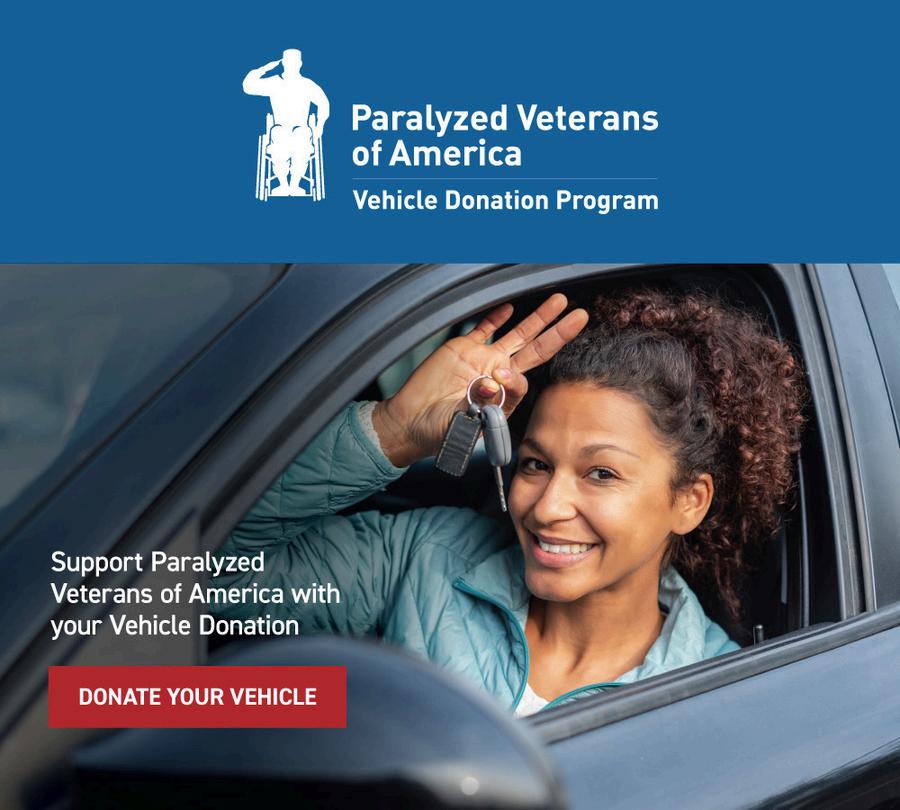
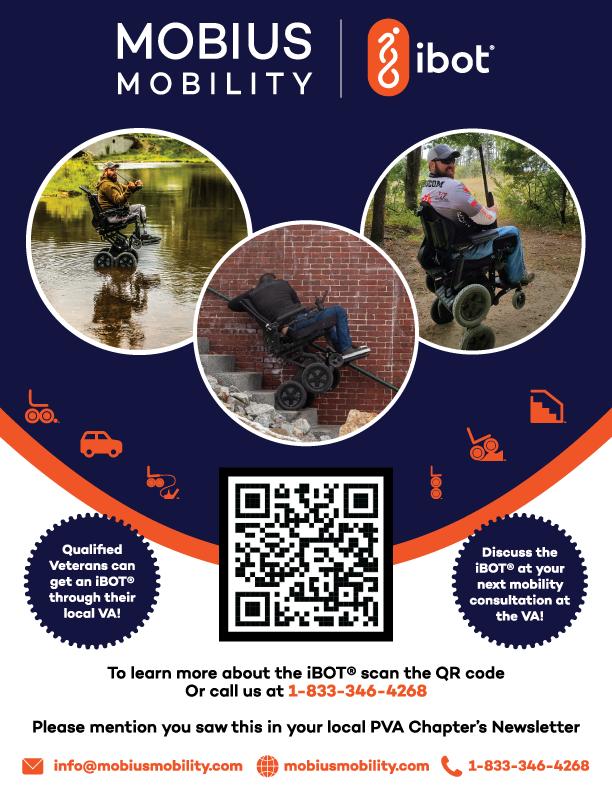
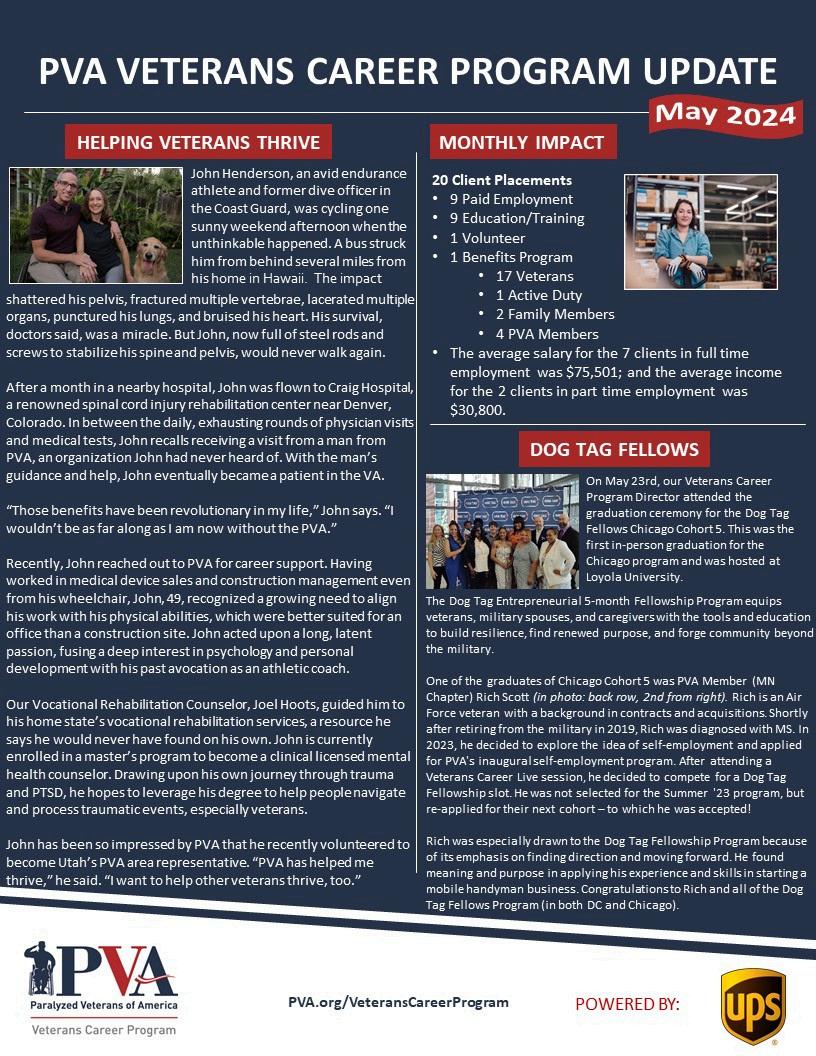
We love hearing from our members. If you have a question, a need, or just want to say hi, please reach out. The chapter is you and you are the chapter!
Monday - Thursday 9am - 4pm
Friday 9am - 1:30pm
Phone or Voicemail
Office Phone
612-467-2263
Call or Text
Executive Assistant (Sarah)
612-699-8551
President (Vicky)
Office Assistant: ginnygrabowski@mnpva.org
Executive Assistant: sarahlittle@mnpva.org
President: vickygarrison@mnpva.org
507-273-5261 Social
Facebook: @MinnesotaPVA
Instagram: pva.mn
LinkedIn: https://linkedin.com/company/mnpva X (formerly Twitter): @pvamn1993
Our office is conveniently located in the VA Minneapolis SCI/D center, across from the PT/OT center.
We would love to hear stories and get to know our MNPVA members more! If you would like to be featured in our newsletter, please call the office or you may email office@mnpva.org.
We can always use volunteers! Please reach out to Ginny to find out how you can join the team of valuable volunteers serving SCI/D veterans.
We always use volunteers in many different areas such as fundraising committee, event committee, website committee, mailing help, sewing, IT assistance or to provide support at events. If you are interested in becoming a volunteer team leader, please contact our office, and speak with Ginny.

No one can do everything, but everyone can do something.
-AuthorUnknown

Congratulations to our May puzzle winner Robert York. Could you use a $25 Gift Card? Send in a completed copy or a digital picture of your completed puzzles for a chance to win in our regular drawing! One submission per month. Thanks to all for sending in your entriesparticipation is growing! Next drawing date: 07/31/2024
All members are invited to join us at our monthly board meetings. These meetings are hybrid (both in person and virtual) so you can choose what works for you!
Please call the office at 612-467-2263 for details. We'd love to see you!!

“Just one small positive thought in the morning can change your whole day.”
DalaiLama
WHERE:
VA Pavillion outside of SCI/D Building
WHEN: September 5th, 2024 11:30 AM-2 PM
Our summer picnic is scheduled! Please get in touch with the MNPVA office to RSVP. We hope to see you there!
We are also planning on a North and South picnic this year. Dates and locations are to be determined.


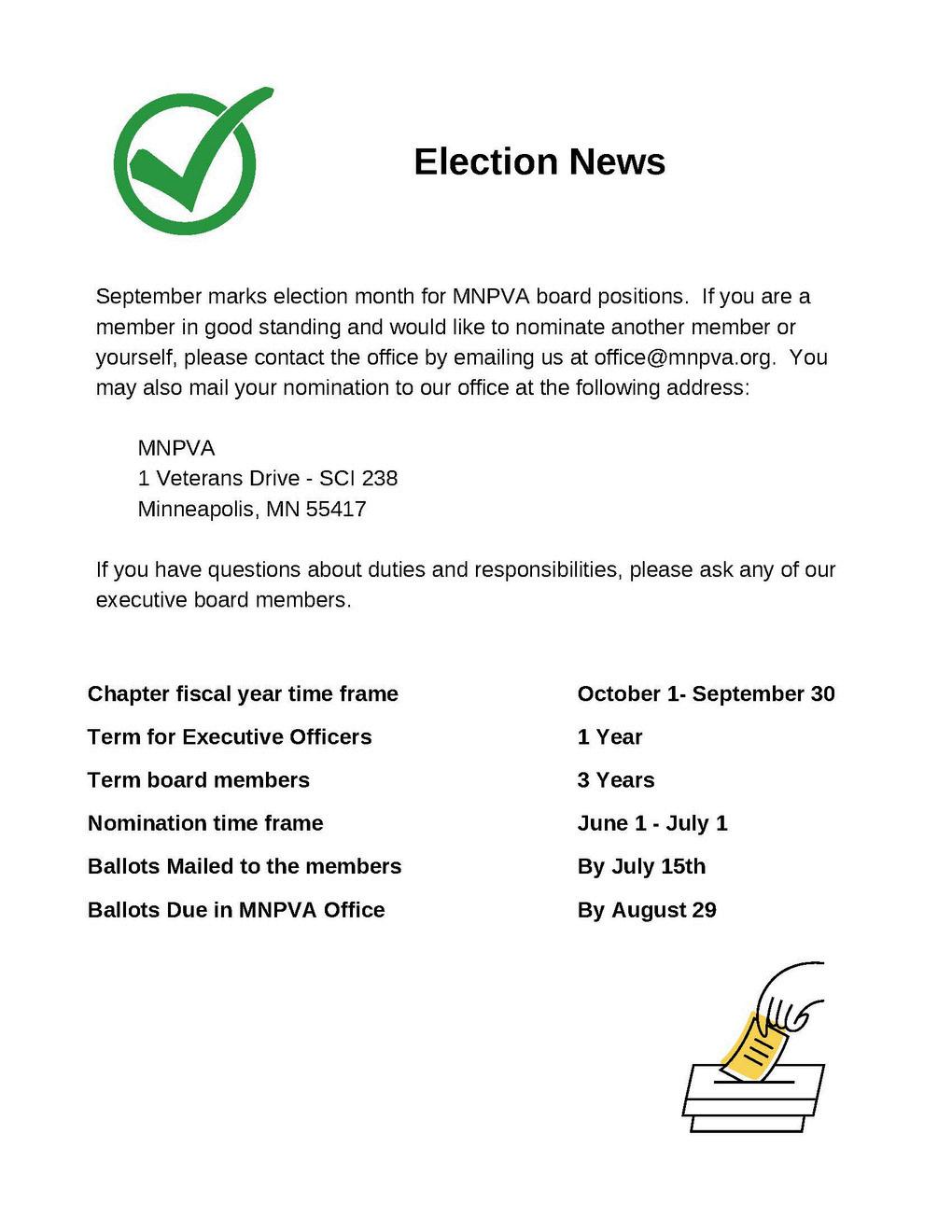

Hello, all. My name is Seth Thomas, and I am running for this year's president position. I have been on the board of directors for several years and have held various positions throughout that time. I look forward to the opportunity to serve our chapter members for yet another year. Thank you all for your consideration.

Vice-President
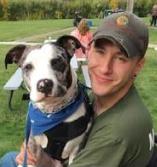
Greetings! My name is Tim Valentin. I’m the current vice-president and Legislative Director. I am seeking reelection to the position of vice-president. I will continue to fulfill my duties as vice-president as well as the duties of Legislative Director. Thank you in advance for all of your support and votes. Have a blessed day.
Hi everyone. I’m Linda Hooker. I have been active in the PVA since 2004. Two years ago I became a board member. I would like to continue my work on the board as your secretary.


Hi! This is Karl Olson. I am the current treasurer and am seeking re-election. I am involved in many areas of this chapter and have enjoyed taking on the treasurer role over this last year. I would love the opportunity to continue expanding in my role should I be re-elected.
Come join us for an evening of fun, food, and learning! This popular event is open to inpatients, outpatients, family, and caregivers. 4:00 PM 4:00 PM
Next Dates: 07/31/2024 08/28/2024


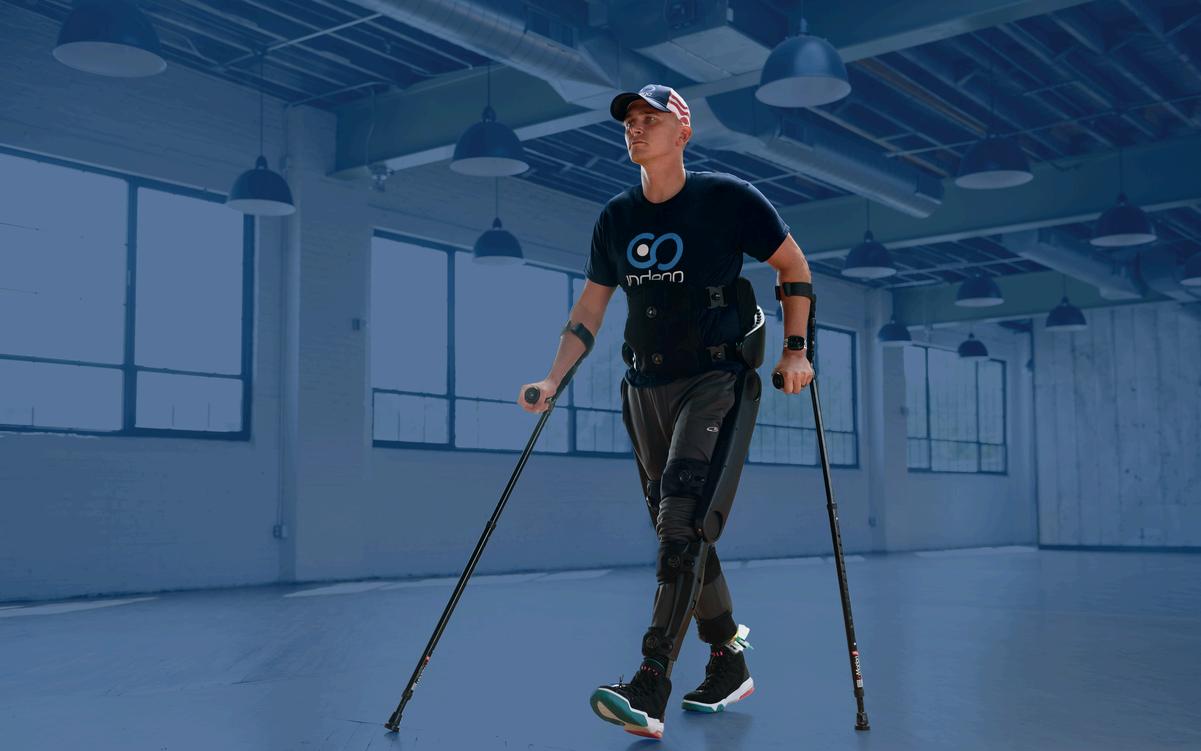
EligibleveteranscanreceiveanEkso Indegoexoskeletonat
WhatisEksoIndego? GettingVeteranswithSCI BackonTheirFeet
EksoIndegoisanFDA-cleared,powered exoskeletonwornaroundthewaistand legsthatenablesindividualsparalyzed fromspinalcordinjuries(levelT3-L5)*to standandwalk,offeringanewlevelof independence.

Scanwithyourphone formoreinformation onhowyoucould receiveyourownEkso IndegoPersonal.
ArecentlyrevisedVApolicyallowsEkso Indegotobeissuedtoqualifiedveterans atnocost.**
Walkathomeandinyourcommunity Improveyourcardio&bonedensity
Enjoyeye-levelconversationsagain


&
July 18
July 25-30
Adaptive Sports/Recreation
@ Northern Star Basecamp
National Veterans Wheelchair Games - NOLA
July 31
Aug 28
Aug 25-31
Sept 5
Sept 5
Sept 19
Sept 25
SCI/D Education Night
SCI/D Education Night
Midwest PVA Fishing Event
Annual Picnic
Adaptive Sports/Recreation
@ Northern Star Basecamp
Adaptive Sports/Recreation
@ Northern Star Basecamp
SCI/D Education Night
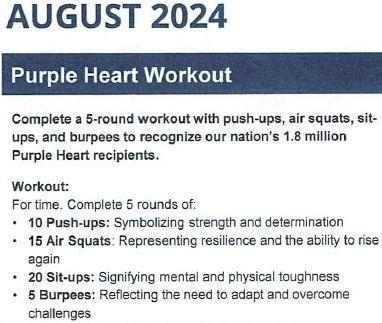
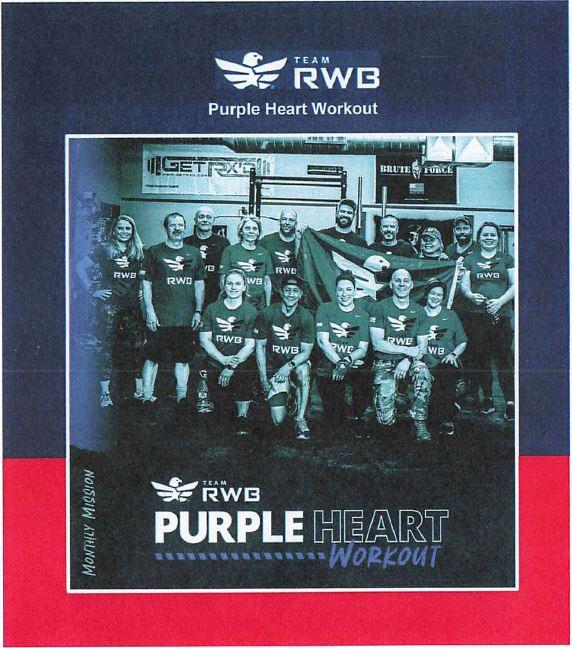
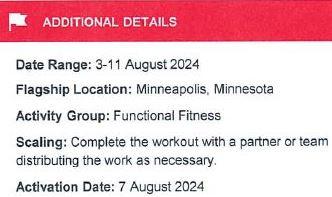
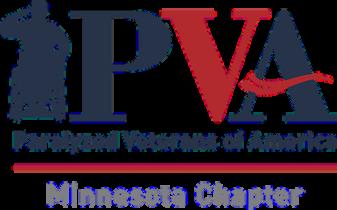
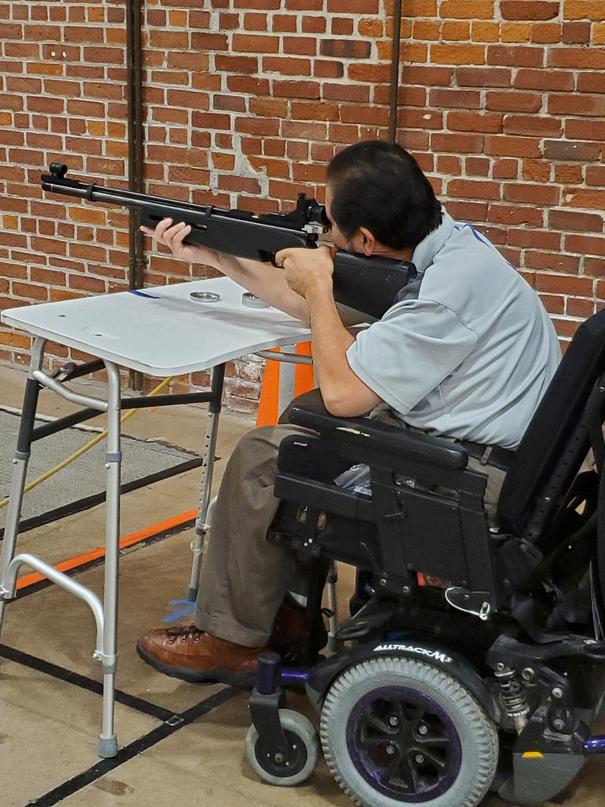

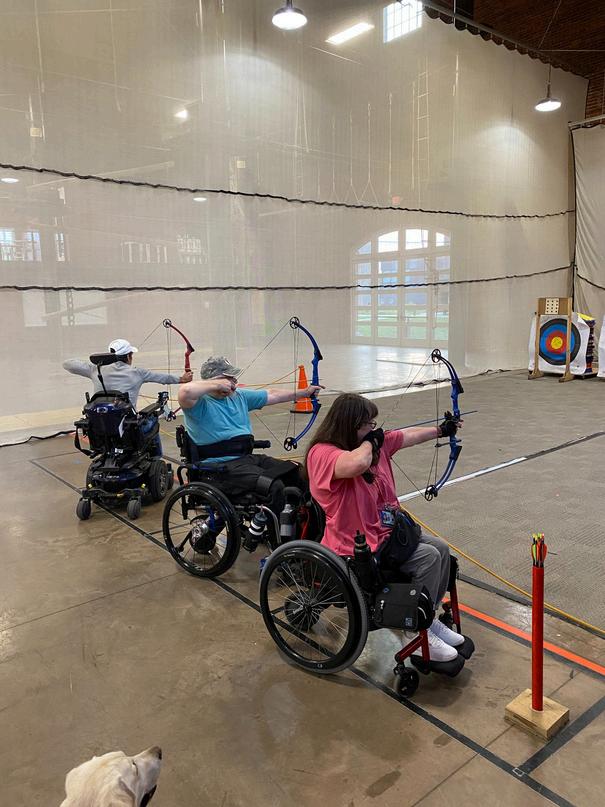
Interested members should contact our Sports/Rec Director, Includes two great accessible seats. Save your parking, snack, and nonalcoholic beverage receipts to request reimbursement from us. Bring a family member, friend, or caregiver for the second seat! For ticket recipients who want to say thanks, share a photo with us! Tickets are drawn and awarded about ten days before each game.

7/20 6:10 PM Brewers
7/21 12:05 PM Brewers
7/22 6:40 PM Phillies
7/23 6:40 PM Phillies
7/24 12:10 PM Phillies
8/2 7:10 PM White Sox
8/3 6:10 PM White Sox
8/4 1:10 PM White Sox
8/9 1:10 PM Guardians
8/9 7:10 PM Guardians
8/10 6:10 PM Guardians
8/11 1:10 PM Guardians
8/12 6:40 PM Royals
8/13 6:40 PM Royals
8/14 12:10 PM Royals
8/23 7:10 PM Cardinals
8/24 6:10 PM Cardinals
8/25 1:10 PM Cardinals
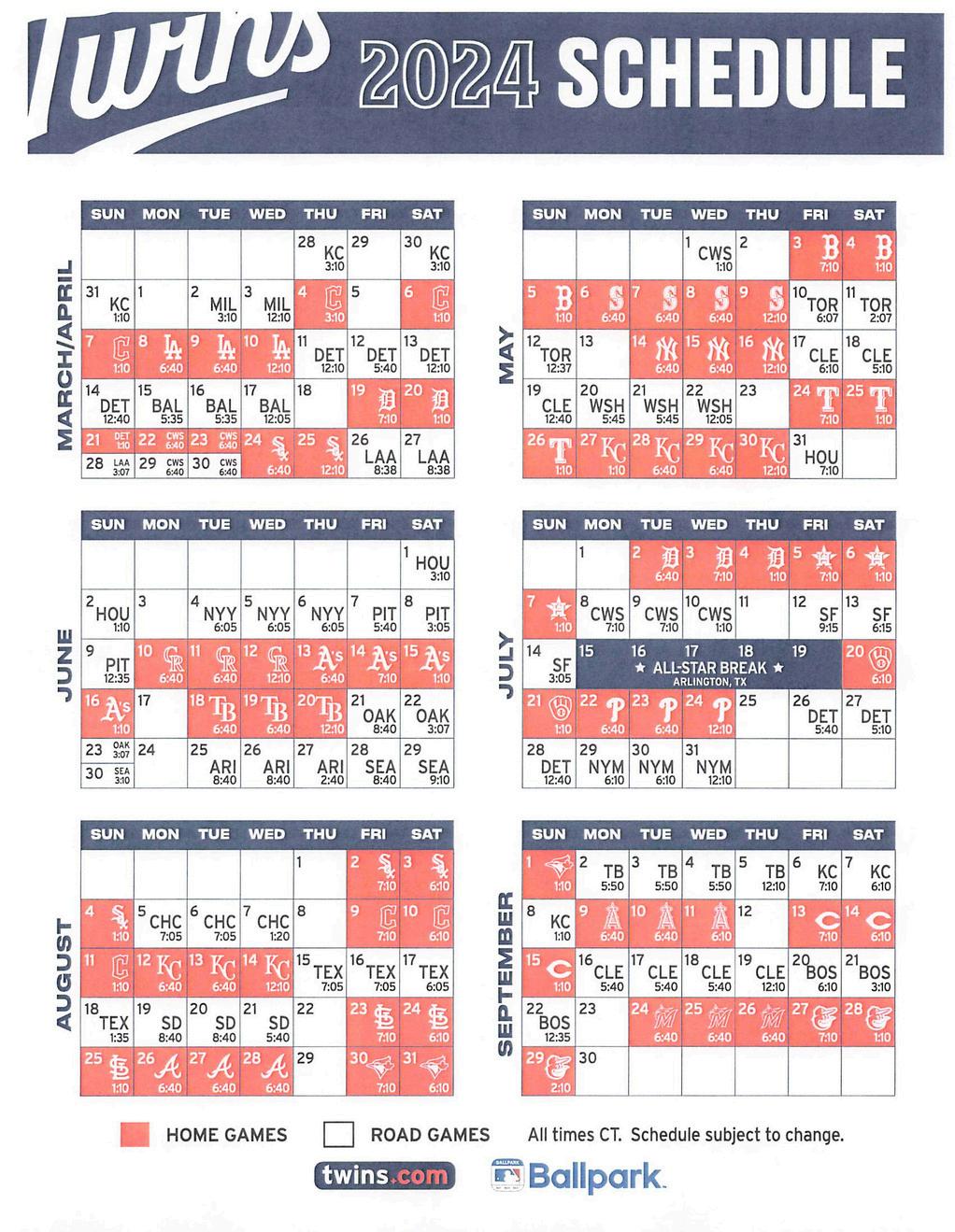


las vegas raiders at cleveland browns at philadelphia eagles
8
15
22
29
6
13
20
24
3
10
17
24
1
8
16
22
at new york giants san francisco 49ers
houston texans at green bay packers new york jets (london) bye
detroit lions at los angeles rams (tnf) indianapolis colts at jacksonville jaguars at tennessee titans at chicago bears arizona cardinals
atlanta falcons chicago bears (mnf) at seattle seahawks green bay packers at detroit lions
Vikings home games in bold // Select game times subject to change due to flexible scheduling
kfan/ ktlk
kfan/ ktlk
kfan/ ktlk radio
kfan / ktlk
kfan / ktlk
kfan / ktlk
kfan / ktlk
kfan / ktlk
kfan / ktlk
kfan / ktlk
kfan / ktlk
kfan / ktlk
kfan/ ktlk
kfan/ ktlk
kfan / ktlk
kfan / ktlk
kfan / ktlk
kfan / ktlk
kfan/ktlk

follow the vikings
MNPVA wants to make it easier for members to attend activities in their MNPVA wants to make it easier for members to attend activities in their communities and just for fun! Reimbursement is available for activities communities and just for fun! Reimbursement is available for activities like concerts, sporting events, and theater! like concerts, sporting events, and theater!
Reimbursement may include the cost of admission, lodging, Reimbursement may include the cost of admission, lodging, transportation, meals/food, non-alcoholic beverages, and parking for transportation, meals/food, non-alcoholic beverages, and parking for MNPVA members. Reimbursements cannot be made until event date has MNPVA members. Reimbursements cannot be made until event date has passed and attendance confirmed by signature on form. passed and attendance confirmed by signature on form. Contact the Contact the office for a more information or reimbursment form. office for a more information or reimbursment form.
Please note: FY23-24 shall not exceed $1000/member. Availability of funds are subject to change at anytime. Reimbursement amount is set each year in October by the Board of Directors based on budget.
Itemized receipts required and must be accompanied by a signed reimbursement request form. Some restrictions apply. Participation as an athlete may be covered differently. Please contact the office ahead of time to request assistance and information.

If you want something you’ve never had, you must be willing to do something you’ve never done.

Our chapter continues to support active bowling groups that meet weekly. All skill levels are welcome, and no commitment is required. Bowling once a week has many benefits for both the body and mind. Current locations include:

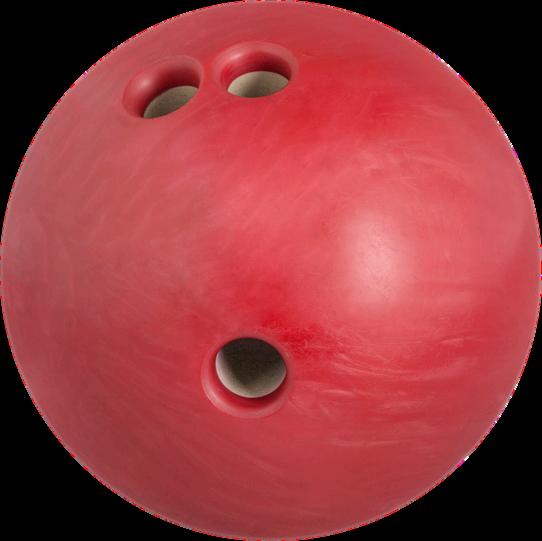
Thursdays at 11am
McPete's Sports Bar & Lanes 590 Humboldt Dr Big Lake, MN
Fridays at 11:30am Split Rocks Bowling 5063 273rd St Wyoming, MN 55092
As we grow our bowling groups, we have many ideas for events, competitions, and gatherings. Our chapter's own famous "Minnesota" Bowling Ramps are available for those desiring to bowl regularly.
If you live in the Twin Cities metro area and would like to join a more local bowling group, let us know! We're looking into starting a group in the Bloomington area.
Please contact the office at 612-467-2263 if you’re interested in joining; and if there isn’t a local group, we can help get the word out to form one.

Discover ongoing research in our community aimed at enhancing life quality for individuals with spinal cord injury or disease. Each study includes contact info, inclusion criteria, and status. MNPVA invites you to review these opportunities, contact the researchers with queries, and discuss with your physician if they suit you. Thanks to the amazing local researchers for their vital work in the SCI/D field!
University of Minnesota researchers are seeking participants with or without a spinal cord injury for a clinical trial. We are interested in how bone health affects insulin sensitivity and sperm health in adult males with spinal cord injuries. Participation in the research will take approximately 5 hours over 3-4 visits. Compensation of $200 will be provided for participation.
Investigator: Dr. Leslie Morse, morsel@umn.edu, 612-301-3072
Coordinator: Liza Nowlin, rehablab@umn.edu, 612-301-3072
Researchers at the University of Minnesota (UMN) are conducting an anonymous online survey to gather information about individuals living with spinal cord injury (SCI) who have used psychedelic drugs after their SCI. Participation involves completing an online survey. This survey will take about 20-40 minutes to complete, depending on how you respond.
https://tinyurl.com/SCI-Injury-survey
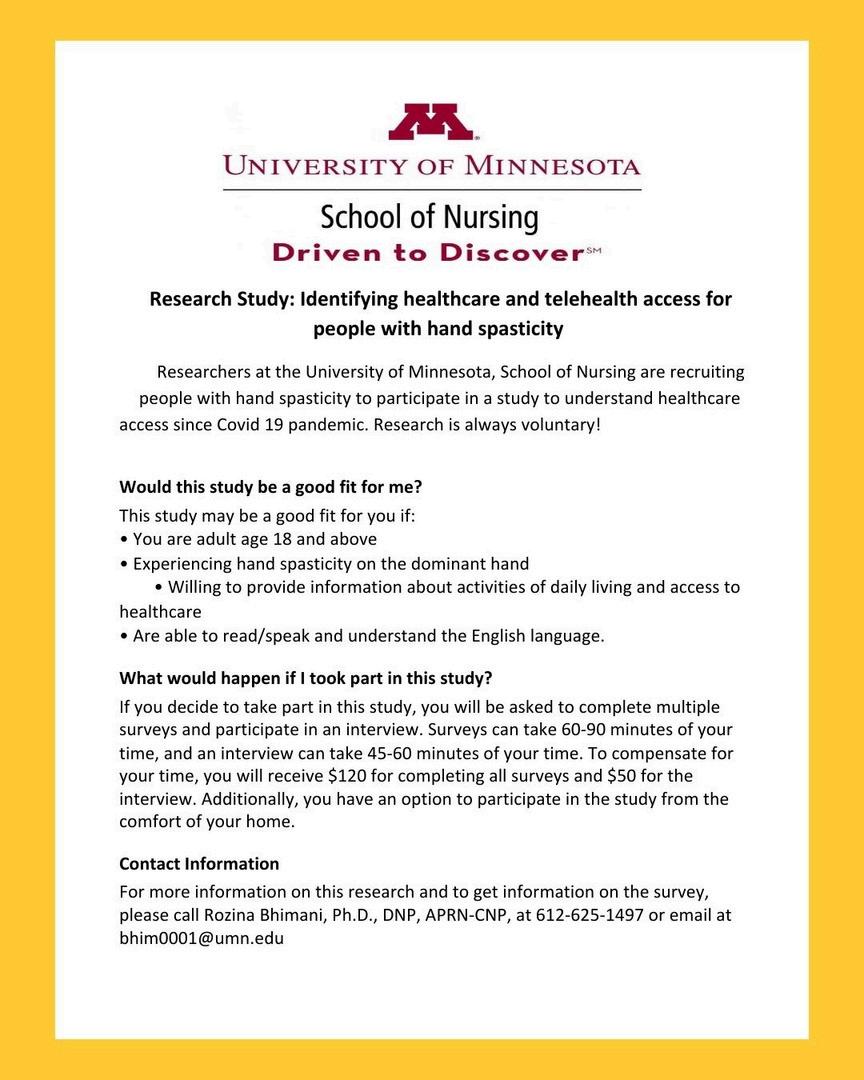
The Brain Body Mind Lab is recruiting participants with complete or incomplete spinal cord injury to compare the effect of Remotely-delivered Cognitive Multisensory Rehabilitation versus Remotely-delivered Exercise to improve sensation and movement after a spinal cord injury.
•Be18-75yearsofage
•Beabletohearandcomprehend theEnglishinstructionsgiveninthestudy
•Haveacompleteorincompletespinal cord injury(>1year)
•Beabletoself-transferwithsome assistanceandpushacall button
•Haveanavailablecare-partnertoassist withtheinterventions
•Notbepregnant
•BemedicallystableandnoMRI contraindicationsParticipantswill:
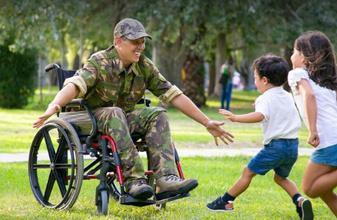
•Eitherreceive12weeksofphysical therapywithRemotely-delivered Cognitive Multisensory Rehabilitation OR Remotely-delivered exercise, 3x/week, 45min/sessionfor12weeks
•Have2MRI scansofthebrain+3clinical assessments
•Fill inquestionnairesrelatedtofunction, qualityoflife, andbodyawareness

Dr. Ann Van de Winckel, PhD, MSPT, PT avandewi@umn.edu (preferred) 612-406-2500 or 612-625-1191
"This is not VA research. It will not be conducted by VA, has not been reviewed by VA's Institutional Review Board, and is not endorsed by VA. VA is not responsible for any costs incurred by a Veteran if the Veteran enters the study as a research subject. The announcement is being provided for information only." - expiration date 10/16/2024
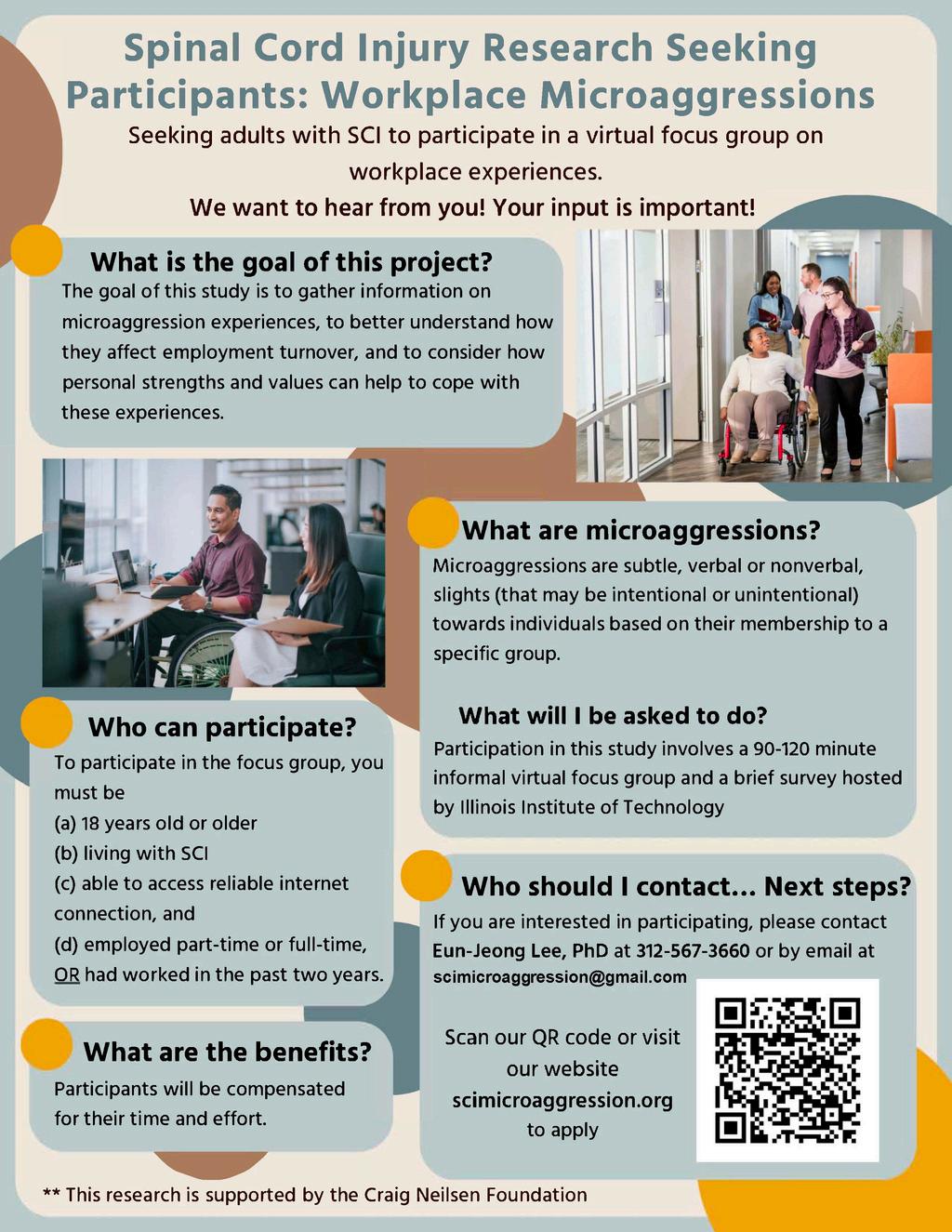
VA Research Study seeking veterans with spinal cord injuries who use wheelchairs and who use a lift to transfer to their wheelchair.
The purpose of this research study is to assess and refine our CMAP system (Comprehensive Mobile Assessment of Pressure), a seated pressure mapping system. Participation will last about 4 weeks.
Participants must have a smart phone and a home wifi connection.
Participants will use a pressure mapping device in their wheelchairs at home – this device sends seating information to a research therapist who will monitor activity and make recommendations for pressure injury prevention.
Participants will complete surveys and participate in interviews. The study provides up to $100 compensation to participants.
The principal investigator of this study is Dr. Byron Eddy. Anyone interested can call the study coordinator at 612-467-4806.
THE FUTURE BELONGS TO THOSE WHO BELIEVE IN THE BEAUTY OF THEIR DREAMS.
-Eleanor Roosevelt
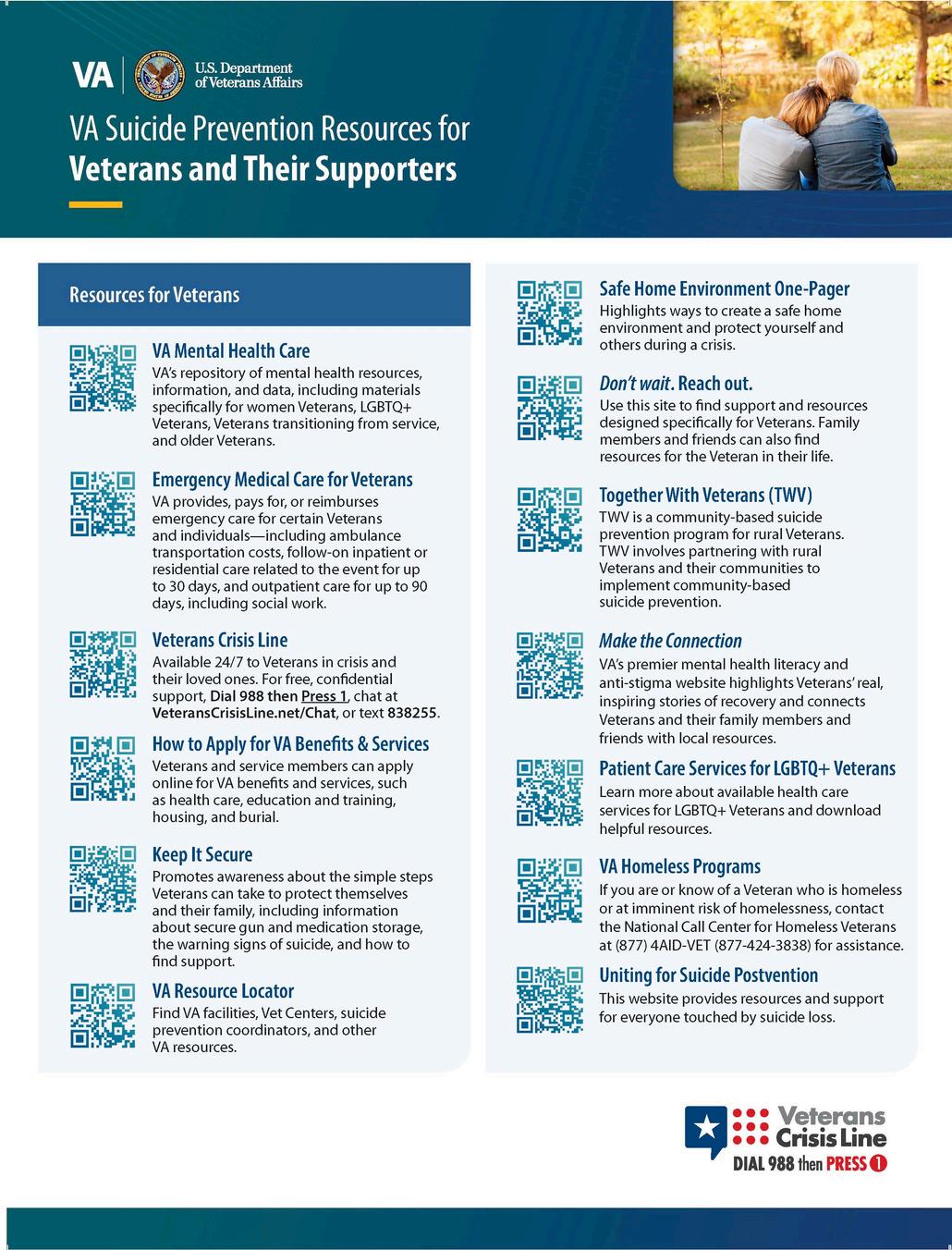
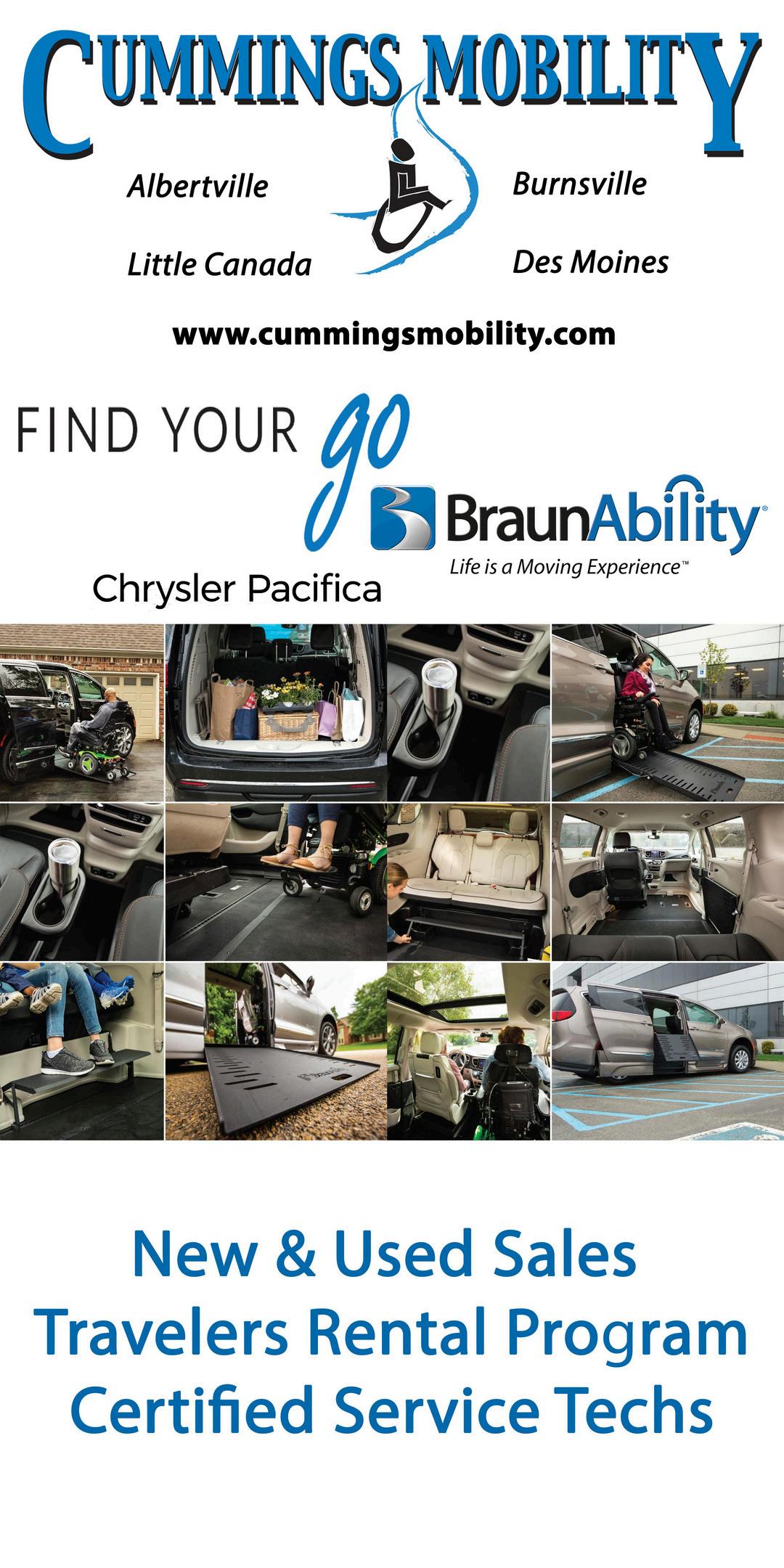
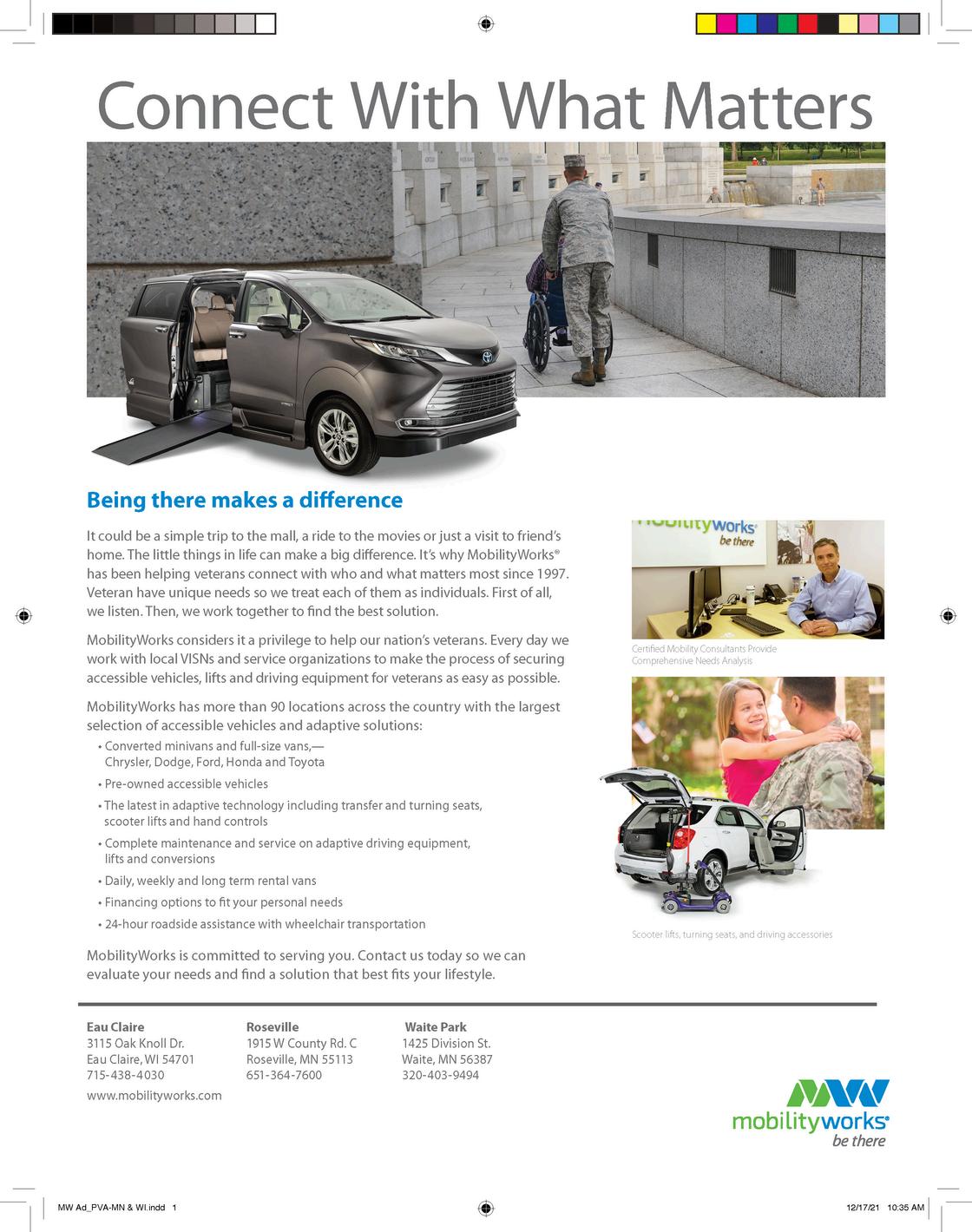
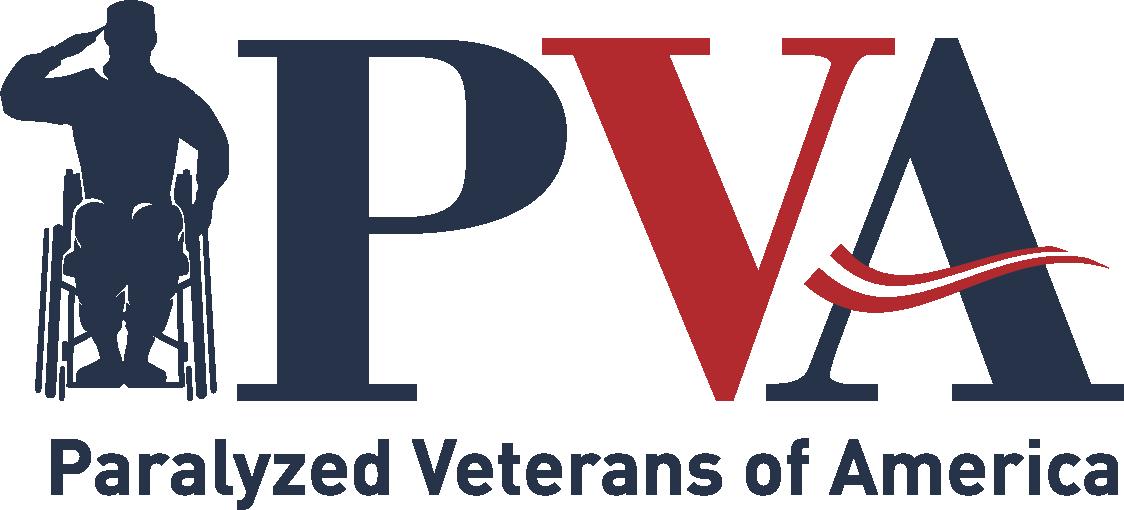

Check out the PVAction Force page to view alerts and a list of key legislation
In mid-June, PVA submitted comments, supported by 55 state and national disability rights organizations, to the long-awaited Notice of Proposed Rulemaking (NPRM), Ensuring Safe Accommodations for Air Travelers with Disabilities Using Wheelchairs. The NPRM seeks to strengthen the Air Carrier Access Act, to ensure passengers who use wheelchairs or scooters can travel safely and with dignity.
The NPRM addresses additional protections for air travel passengers who use wheelchairs and scooters by clarifying existing airline requirements and adding new ones, as well as overall expanding the rights of passengers with disabilities. The NPRM addressed topics such as: requirements for safe and dignified assistance; prompt enplaning, deplaning, and connecting assistance; mishandled wheelchairs and assistive devices; passenger notifications; prompt return of delayed wheelchairs or scooters; prompt repair or replacement of damaged wheelchairs or scooters; loaner wheelchair accommodations; enhanced training for airline personnel and contractors; standards for onboard wheelchairs; size standards for lavatories on twinaisle aircraft; and reimbursement of fare differences.
The NPRM also builds upon new requirements included in the FAA Reauthorization Act of 2024. The new law
requires enhanced training requirements for personnel who perform manual transfers to and from aisle chairs and personnel who load and unload wheelchairs and scooters from the cargo. PVA’s comments explained that these training requirements should be further enhanced by requiring more frequent and detailed training.
The U.S. Department of Transportation (DOT) will now review the comments received and make any needed changes to the proposed language. We are hopeful that in light of the critical need to make improvements that DOT will issue a final rule before the end of the year.
Action on H.R. 8371, the Senator Elizabeth Dole 21st Century Veterans Healthcare and Benefits Improvement Act, continues to be delayed due to election year politics and concerns about community care provisions in the bill. H.R. 8371 combines several bipartisan and bicameral proposals to reform and improve the delivery of healthcare, benefits, and services at the VA for veterans, their families, and survivors into a single package. Provisions in H.R. 8371 would expand economic opportunities for veterans, improve mental health care access, and facilitate better oversight of the VA by Congress. Most importantly, the bill includes the entire Elizabeth Dole Home Care Act, which would

expand overall access to VA home and communitybased services and remove the cap on how much VA can spend on home care for veterans, a specific concern for those with catastrophically disabilities.
On June 25, Senator Elizabeth Dole, PVA CEO Carl Blake, and representatives for other veterans advocacy organizations held a press conference calling on the House of Representatives to pass the bill without further delay. Later in the week, CEO Blake and leaders of other veterans service organizations (VSO) met with House Veterans’ Affairs Committee Ranking Member Mark Takano (D-CA) regarding his concerns about H.R. 8371, specifically, what he and other members of his caucus believe are efforts to expand community care access. VSO leaders reiterated their strong, united support of the bill and their position that it does not significantly expand access to such care. They also noted the human toll of not acting on veterans who need the help the bill’s provisions will provide now.
Veterans advocates continue to meet with key House leaders as we seek to find a path forward for H.R. 8371 before the August recess. We also need your help in moving this bill forward. Please send a message to your Representative in support of quick passage of this important legislation.
On June 18, the Senate Finance Committee held a full committee hearing titled, “Work and Social Security Benefits: Addressing Challenges and Creating Opportunities.” The hearing centered around discussions on how to update and strengthen Social Security programs in order to make it easier for people with significant disabilities who want to return to the workforce. The panel included witnesses from the Social Security Administration (SSA), Congressional Research Service (CRS), U.S. Government Accountability Office, and National Council of Social Security Management Associations.
Testifying on behalf of the SSA was Susan B. Wilschke, Associate Commissioner of the Office of Research,
Demonstration, and Employment Support. Ms. Wilschke discussed barriers that beneficiaries face when attempting to return to work. Some of these barriers include, complex program rules, wage reporting requirements, and fear of overpayments. Ms. Wilschke also took time to highlight actions made under Commissioner Martin O’Malley’s leadership to support beneficiaries who attempt to work. Such as, efforts to reduce and better manage overpayments, commissioning a new evaluation to assess the effectiveness of the Ticket to Work program, and the recent publication of a proposed rule for the Payroll Information Exchange.
Significant time was spent discussing the negative impact of outdated asset limits on Supplemental Security Income (SSI) beneficiaries. Senator Elizabeth Warren (D-MA) gave Ms. Wilschke a hypothetical. She asked what would happen if an SSI beneficiary that works and receives an average SSI payment, saved a little over the $2,000 asset limit in an effort to rent an apartment. Ms. Wilschke answered that the beneficiary would no longer be eligible for benefits. Even being a few dollars over the asset limit, could result in a loss of benefits. Senator Warren called for the passage of the SSI Restoration Act, which would raise the asset limit, fix outdated rules, and allow the SSA to spend less of its budget administering the SSI program. PVA, along with many other disability organizations, supports the SSI Restoration Act.
Another popular topic was SSA’s reliance on outdated occupational data for disability determinations involving vocational assessments. Senator Bill Cassidy (R-LA) asked William Morton from CRS how SSA’s outdated vocational dictionary negatively impacts beneficiaries’ ability to either stay in the work force or get their Social Security Disability Insurance benefits. Mr. Morton answered that some people may be denied or granted benefits improperly and that updating the data would allow for more accuracy. Mr. Morton stated that CRS was waiting to see what SSA was going to do next to solve this issue. It appears the SSA just responded by eliminating 114 outdated occupations from its occupational data on June 24 (see News of Note article)

June has been a busy month for the U.S. Department of Justice (DOJ) in regards to ensuring voting access. On June 10, the DOJ filed a statement of interest (SOI) in an Alabama federal court case challenging the state’s criminalization and restrictions on who can assist voters with disabilities when casting an absentee ballot. The SOI clarifies that Section 208 of the Voting Rights Act (VRA) guarantees voters’ choice of assistor and preempts state laws that interfere with that guarantee.
On June 17, the DOJ announced that it filed a SOI in an Ohio federal court case also challenging the state’s restrictions on voting assistance. The SOI states that Ohio’s voting assistance restrictions and failure to make reasonable modifications violate Section 208 of the VRA and the Americans with Disabilities Act, respectively. The department recognizes that voters with disabilities may face difficulties with absentee voting when states put restrictions on who may assist in returning a marked absentee ballot. The SOI points out that Ohio’s absentee voting law is so broad that it even excludes caregivers and domestic partners from providing assistance
The U.S. Department of Transportation has issued a Request for Information (RFI) seeking input from the public on the potential use of artificial intelligence (AI) in transportation, as well as emerging challenges and opportunities in creating and deploying AI technologies across all modes of transportation. This RFI is related to funding under Advanced Research Projects AgencyInfrastructure (ARPA-I), an agency within DOT that Congress established “to support the development of science and technology solutions that overcomes longterm challenges and advances the state of the art for United States transportation infrastructure.”
The RFI requests comments on how AI is currently being used in transportation; potential uses of AI to be researched and developed by ARPA-I funds; challenges of the use of AI in transportation; opportunities and challenges of using AI for autonomous vehicles; and
other possible research and development opportunities using ARPA-I funding. Online comments are due July 2.
Marriott International, Inc. reached a settlement agreement with the U.S. Attorney’s Office for the District of Colorado to improve reservations for mobility accessible rooms. An investigation found Marriott’s reservation systems did not list mobility accessible rooms on its website; its internal system did not guarantee reservations for mobility accessible rooms; the hotels did not have the minimum number of accessible rooms required by the Americans with Disabilities Act; and Marriott failed to provide adequate information on the accessibility of the hotels. Under the agreement, Marriot must inventory the number of mobility accessible rooms at its hotels; offer reservations for mobility accessible rooms on its website; improve the availability of information on the accessibility of the rooms and hotels; adopt policies for the reservation of mobility accessible rooms on thirdparty websites; and create a complaint tracking system regarding the reservation of mobility accessible rooms.
VA recently added male breast cancer, urethral cancer, and cancer of the paraurethral glands to its list of presumptive diseases covered under the Honoring our PACT Act of 2022 (P.L. 117-168). This change establishes presumptions of service connection for eligible Gulf War and post-9/11 veterans who deployed to Afghanistan, Somalia, Djibouti, Egypt, Jordan, Lebanon, Syria, Yemen, Uzbekistan, and the entire Southwest Asia theater of operations, which includes Iraq. Presumptive service connection means VA automatically assumes service connection for the disease and provides benefits to eligible veterans who have submitted claims with evidence of a diagnosis.

At the end of June, PVA joined other veterans service organizations (VSO) and members of Congress to discuss women veterans. Several years ago, the Deborah Sampson Act (P.L. 116-315) passed, which expanded care and resources for women veterans using the VA, as well as requiring several congressionally mandated reports (CMR) to assess the impact of the legislation. The focus of this meeting was to discuss data provided by CMRs related to sexual assault and harassment on VA campuses. Over the past few years, reports of assault and harassment have been on the rise. VSOs and Congress are working on strategies and solutions to improve the experience for women veterans at VA while engaging with VA staff to improve intervention and bystander training to ensure that women veterans can use VA services free from harassment.
On June 17, Danica Gonzalves, PVA Senior Advocacy Attorney, test rode an autonomous vehicle (AV) in Washington, DC. AVs are self-driven vehicles and are expanding to cities as a rideshare service. However, there are currently no wheelchair accessible AVs in the U.S. Last year, PVA and other disability rights organizations submitted a letter to the House of Representatives to emphasize the importance of accessible AVs. The letter outlined how this new emerging mode of transportation must be accessible for people with all types of disabilities. PVA will continue to work with companies, Congress, and the Administration on the development and deployment of these vehicles.
On June 24, the Social Security Administration (SSA) announced that it will be eliminating 114 occupations from being used to support a “not disabled” finding in disability benefit determinations. The agency relies on the Dictionary of Occupational Titles (DOT) as its primary source of occupational data in making disability benefit determinations. The DOT’s latest edition was published in 1977, with small updates occurring up until 1991. The eliminated occupations have been identified as existing in very small numbers or not at all. The purpose of this
initiative is to ensure the agency only considers the most relevant occupations when assessing whether an applicant could perform other types of work.
Ranking Member Mike Levin (D-CA) of the House Veterans’ Affairs, Economic Opportunity Subcommittee recently held a quarterly check in meeting with veterans service organizations to discuss issue areas covered by the subcommittee. PVA staff stressed the need for the VA, the U.S. Department of Labor, and Congress to strengthen and support resources and supports for disabled veterans reentering the workforce. Disabled veteran unemployment rates are often at least double that of veterans without a disability and PVA has been working with appropriate agencies to ensure that employers are providing appropriate work place accommodations and not engaging in discrimination.
On June 18, the Consortium of Constituents with Disabilities (CCD) celebrated the 25-year anniversary of Olmstead v. L.C. with a briefing of the landmark case and its impact. The decision held that unjustified segregation and institutionalization of people with disabilities constitutes discrimination in violation of Title II of the Americans with Disabilities Act. CCD is the largest coalition of national organizations, including PVA, working together to advocate for federal public policy that ensures the self-determination, independence, empowerment, integration and inclusion of children and adults with disabilities in all aspects of society. Panelists with lived experience took turns discussing the impact of the decision on their lives and further actions Congress must take to ensure that people with disabilities have access to community living.
Please visit the House and Senate Veterans’ Affairs Committee webpages for information on upcoming hearings and markups.
Charles Bloom
Janice Breth
Michael Cavanaugh
Allan Coenen
Leonard Curtiss
Dennis Dahlien
Jan-Michael Denfeld
Jeffery Diemert
Donald Frisch
Jose Garcia
Keith Hegstrom
Connie Henke
John Jacobson
John Kritzeck
Joey Krog
Matthew Kurzhals
Thomas Larson
Daniel Loentz
Terry Lucas
Dennis Main
Donald Matthews
Jeffrey McSorley
Chad Mickelson
David Morvari
Frank Nitek
Bruce Scott
Seth Thomas
Charlie Thompson
Damaris Wolter
Douglas Bard
Silas Bell
Ralph Biederman
Thomas Boland
Scott Buchan
Robert Chaucierre
Richard Cram
Donald Demuth
Harold Duffield
Gerald Dunlap
Earnest Erickson
Jesse Gonzales
Ginny Grabowski
David Hallis
John Haw
Bruce Henderson
James Larson
Michael Lewis
Sarah Little
Robert Mickelson
Thomas Moran
Thomas Riewer
William Schiebler
John Schnieder
Curtis Schultz
David Stopke
Leah Thomas
Curtis Trawick
Thomas Tucek
Jordian Weaver
9 3 4 1 6 4 8 3 5 2 3 5 6 1 7 2 8 2 2 7 8 4 6 3 7 9 1 8 1 4 9 7
Fill in the blank squares so that each row, each column and each 3-by-3 block contain all of the digits 1 thru 9. If you use logic you can solve the puzzle without guesswork.
Mail completed copy to office to enter drawing for $25gift card.
